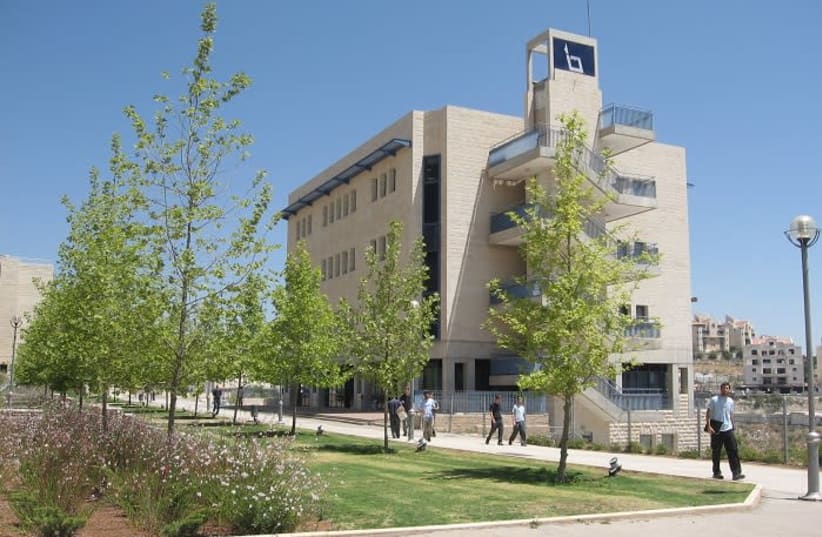While Israel has built a well-earned reputation as the “start-up nation” for exporting its population’s prowess in technological innovation around the world, many would find it surprising to learn that the Jewish state’s domestic high-tech sector is experiencing a brain drain.
Israel’s State Comptroller Matanyahu Engelman recently issued a report which documented 18,500 vacant positions in the Israeli high-tech sector, resulting from a shortage of skilled university graduates with training in the computer software and hardware fields. In the report, 27 percent of Israeli companies stated that they have opened development centers or software testing facilities abroad.
“It is vital that Israel prepare to meet the future demand for skilled tech-sector employees,”
Engelman warns.
The Jerusalem College of Technology (JCT) is answering the state’s call to action — and the college’s International Program in English offers students from abroad the unique opportunity to enter Israel’s high-tech sector and help the start-up nation meet its emerging workforce challenges.
JCT has produced alumni who have become leaders in Israel’s defense industry and are involved in top-tier defense projects like the Iron Dome and Arrow anti-missile systems, as well as the country’s space program and satellite development efforts. For example, a veteran alumnus of JCT’s Electro-Optics Engineering Department, Dov Oster, is chief technology officer in the Ministry of Defense’s central R&D organization.
Notably, the college prides itself on populating Israel’s high-tech sector with much-needed talent by expanding higher education opportunities for students from underserved populations, including the Haredi and Ethiopian immigrant communities.
The International Program helps provide the Israeli economy with another newfound source of ingenuity — religious students from overseas. This competitive program offers young men and women who are not fluent in Hebrew the opportunity to live and study Torah in Israel while pursuing their degree. On par with JCT’s Hebrew-speaking programs, the International Program offers a comprehensive double curriculum that combines high-level academics, enriching Jewish studies, and practical professional training. The program’s degree options include a B.Sc. in Computer Science and B.A. in Business Administration for men, and a B.Sc. in Computer Science for women. At $3,800 per year, the International Program’s tuition is more affordable than comparable higher education options in the U.S. and Israel.
“What attracted me to JCT was the religious studies and the fact that I could study computer technology. This is the only English game in town for that,” says Yosef Berger of Edison, N.J.
Jonah Hess, who made Aliyah from Los Angeles to Jerusalem at age 7, joined yeshiva at 18 and the army at 20, and then returned to yeshiva, says he set his sights on JCT’s International Program “largely because the institution provides a religious-friendly environment while its students study technical subjects.” He says that he is “completely enthralled” by his major, computer science, which gives him “the ability to create something from scratch.”
“The career options in this field are limitless, and I’m excited to be at the forefront of discovering new ways to make a positive impact in the world,” Hess writes for the Los Angeles Jewish Journal.
In the years to come, JCT’s International Program promises to continue making this mutually beneficial match — between Israel, whose economy stands to benefit from the arrival of more technology-focused international students, and the students themselves, who will access the unique opportunity of living in the Jewish state while pursuing technology degrees and careers.
For further information and registration: jct open day
